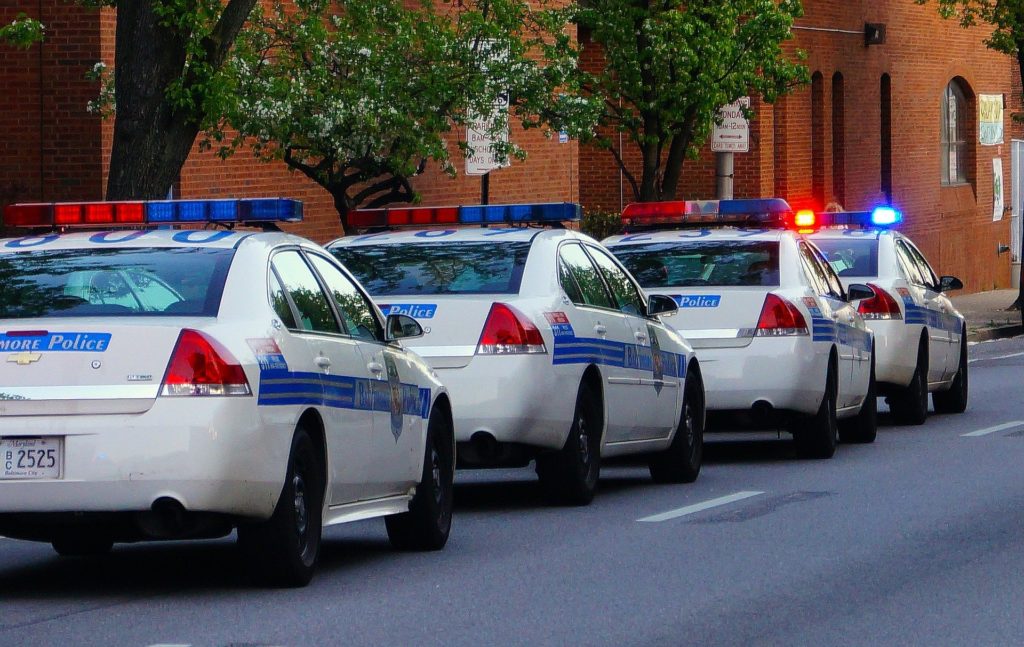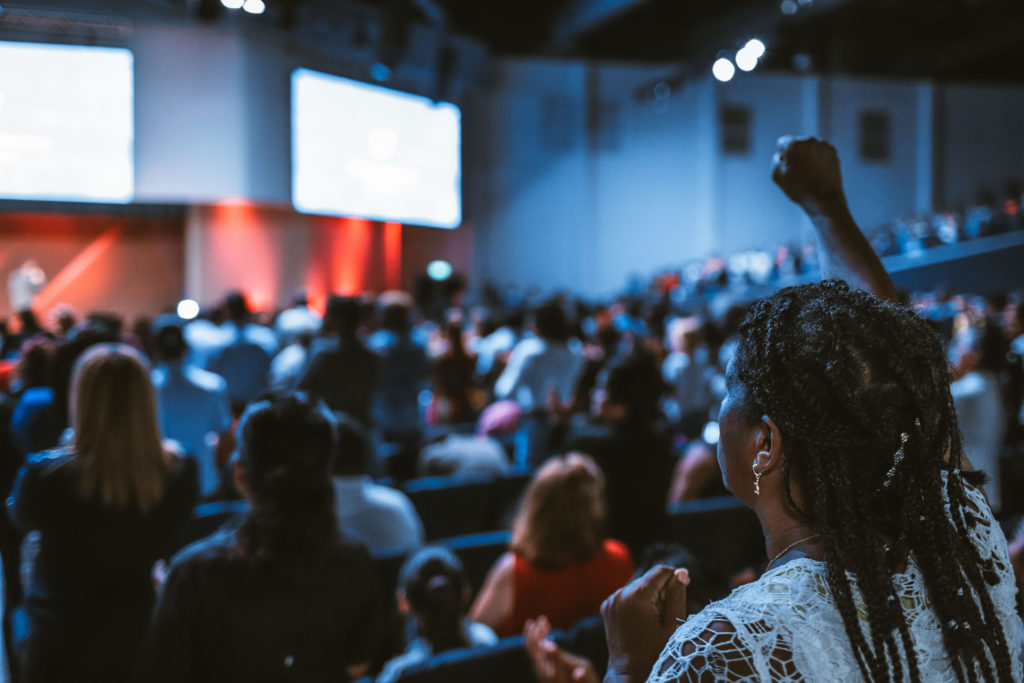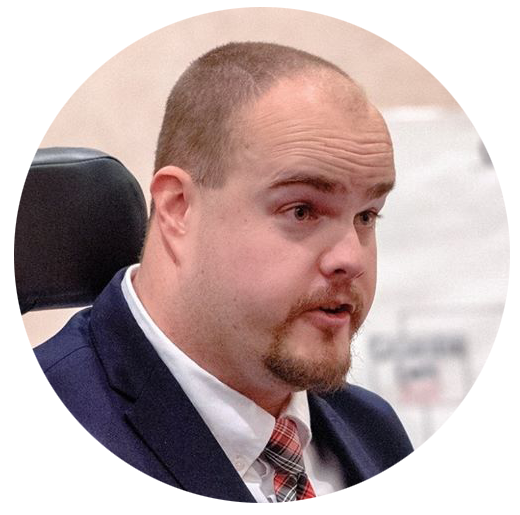
Image adapted from Wikicommons by DhLeaks44 / CC BY-SA 4.0
This article is part of our “Reflecting on COVID-19” series.
If you’d like to check out other articles in this series, click here.
“Mass Gatherings – COVID-19 Quarantines, Religious Rights, and Criminal Law”
Matthew P. Cavedon
COVID-19 has become the sort of generational event that September 11, the fall of the Berlin Wall, and the Great Depression were for ages past. It affects everyone. It affects everything. And no one knows how the world will be when it is gone. Among the many legal and political battles that it has caused are those concerning the intersection of church closures and criminal law. From Kentucky to South Africa, both individuals and religious institutions as a whole have filed lawsuits challenging criminal bans on mass gatherings as applied to Mass gatherings – meetings of people for religious purposes. Commenters have raised a number of arguments as to why their governments should not be allowed to criminally enforce such bans. Here is a primer on the two predominant areas of American law at issue:
1. The U.S. Constitution1There are too many different state systems of constitutional law to dive into them here. But these discussions of federal constitutional law and Religious Freedom Restoration Acts will draw out broad lines that will lay similarly to many state-law approaches.
The Bill of Rights might be America’s best-known set of laws. It is no surprise, then, that some combination of First Amendment freedom of religion, plus later-enacted Fourteenth Amendment due process protections, have been raised as defenses to government-imposed quarantines. As many lawyers already know, though, these types of claims are often easily dismissed. For one thing, there is the U.S. Supreme Court’s decision in Smith v. Employment Division. There, the Court reversed decades of precedent and held that a law does not violate the Free Exercise Clause of the First Amendment if it is “facially neutral” and “generally applicable.” Basically, that means that religious rights cannot overcome a law that is not meant to target religion in particular and does not single out religion in its enforcement. Quarantines often pass this test, making the resulting infringement on religious rights lawful. Any quarantine that shuts down social functions other than those involving food, medicine, and other bodily essentials does not target religion, nor is it solely enforced against religion. That means Smith is going to block any use of the Free Exercise Clause of the First Amendment against the quarantine.

What is more, there are other Supreme Court cases specifically limiting constitutional rights under quarantines. In the 1905 case Jacobson v. Massachusetts, the Court upheld a mandatory vaccination law, despite a citizen’s argument that the act violated due process under the Fourteenth Amendment, as “nothing short of an assault upon his person.” In 1944, in Prince v. Massachusetts, the Court took it for granted that “[t]he right to practice religion freely does not include liberty to expose the community or [a] child to communicable disease.” Under these cases, resisting quarantines using the First or Fourteenth Amendment is often going to be a dead end.
However, this is not always the case. There comes a point where quarantines begin to be rolled back. If they are rolled back insofar as they concern, say, general retail or entertainment, but not similar religious gatherings, then they might no longer be considered “generally applicable.” If they cross the line into being selectively enforced, then they could violate federal constitutional rights to religious liberty, due process, and even equal protection. Federal constitutional law, then, would not let religious gatherings be special islands in a sea of quarantine closures. But it also would not let them be the last things submerged when everything else gets dredged out.
2. Religious Freedom Restoration Acts
Remember how I said that the Supreme Court’s Smith decision reversed earlier law? The old rule used to be that any action that limited religious liberty had to survive a “strict scrutiny” analysis in order to be upheld. That means that the law had to further a “compelling” government interest, in the “least restrictive” way possible, before it would be allowed to “substantially burden” someone’s religious rights. In plain English, governments could not make it harder to engage in religious acts, unless that was the only way to carry out extremely important government tasks.
The reason the old rule is still relevant is that many states have adopted it as their own religious liberty law after the Smith decision came down. They did so by passing “Religious Freedom Restoration Acts,” or “RFRAs.” Not every state has a RFRA. But in those that do, RFRAs can limit quarantines more than does the Free Exercise Clause of the First Amendment. Under RFRAs, it is not enough for a government order, such as a quarantine, to apply generally and not target religion. Such an order also has to be essential in order to permissibly restrict religious gatherings.

But, despite this, governments will still often win quarantine cases under RFRAs. To be sure, it would be very difficult for them to argue that there is no substantial burden on religious practice. No fair judge would ignore the significance of a Catholic being kept away from the sacraments, or a Jew or Muslim not being able to observe major religious events together. But governments will often win on the other two points – that controlling a deadly pandemic is indeed a compelling interest of theirs, and that there is no less-restrictive way to do that than by banning all mass gatherings. Even under the bulked-up protections afforded by RFRAs, quarantines will often stand.
But governments will only have an easy time insofar as it really looks like they absolutely must ban all mass gatherings. As in the constitutional context, if they start easing up on commerce or outdoor festivities, they will have to make a good faith effort to accommodate religion. RFRAs also give challengers room to argue that full-blown lockdowns are not necessary. A ban on mass gatherings might be. But if a religious site scrupulously observes social distancing, then perhaps the lockdown will have to give way. Indeed, several churches have already won emergency RFRA relief for drive-in services. They did so by persuading courts that allowing these services lessens the burden on religion without giving the virus any more ability to spread.
Careful thinking is the order of the day under both federal constitutional law and RFRAs. Governments must be careful not to limit religious practices more stringently than any similar sort of gathering. For their part, religious groups should think carefully about whether they can craft practices that satisfy hungry souls while still respecting the needs of public health. It is true that this is a time that demands some resignation. As Shakespeare’s version of Saint Joan of Arc says, “Care is no cure, but rather corrosive, for things that are not to be remedied” – and there does not seem to any quick end in sight to this pandemic. But while too much fret over what cannot be helped will not make things better, due care will ensure that religious liberty is corroded no more than is necessary. ♦

Matthew P. Cavedon is a criminal defense attorney in Gainesville, GA. He graduated from Emory University in 2015 with a law degree and masters of theological studies.
Recommended Citation
Cavedon, Matthew P. “Mass Gatherings – COVID-19 Quarantines, Religious Rights, and Criminal Law.” Canopy Forum, May 29, 2020. https://canopyforum.org/2020/05/29/mass-gatherings-covid-19-quarantines-religious-rights-and-criminal-law/

